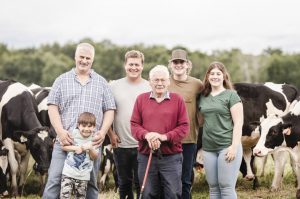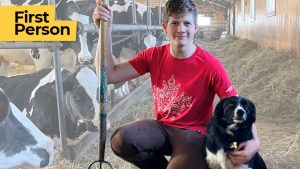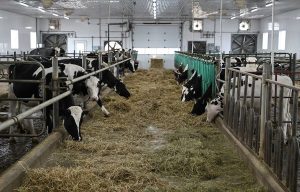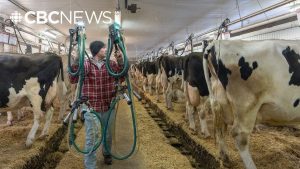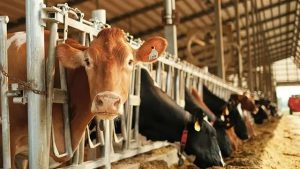
“A lot of people didn’t know what I was talking about when I tried to explain what sustainable food systems were,” she says. “And now it seems like it’s an everyday conversation topic.”
Like the role of sustainability, Buckingham’s role at Dairy Farmers of Canada has evolved since she started working at the Ottawa-based advocacy group three years ago. She went from implementing the environment module of its national “proAction” plan in her first year to being named its inaugural sustainability manager this summer.
“Now I am overseeing the implementation, monitoring and reporting of our progress toward our goal of net zero by 2050,” says Buckingham, who has always been interested in food and farming, even having her own cake decorating business while in high school.
“This is actually my third role with DFC and, over the last three years, my job has progressed to the point of what I’m doing now.”
Buckingham’s ascent typifies the kind of employee success CEO Jacques Lefebvre has been keen on developing since assuming the job five years ago. “I wanted us to distinguish ourselves and to be closer to the needs of the employees, the workforce,” Lefebvre explains. “A change in mindset.”
One of Lefebvre’s first tasks was to revamp its human resources department — which at one time had but one part-time employee — and instead establish and grow a “people and culture” department to the three full-time staff it is today.
“I needed to hire some people in ‘people and culture’ who actually understood the mindset of employees from baby boomers to Generation Zs and would help me create the environment to attract and retain top talent and prepare for succession planning,” Lefebvre explains.
“That’s something that was really important to me because, as an employer, we’re investing in talent to help them develop and grow. Sometimes you lose them and that’s okay. I accept that. But for me, I wanted to create the conditions by which they would want to stay.”
So Dairy Farmers of Canada underwent a “culture shift,” he says.
One example of that shift was holding regular all-staff video meetings. “I’m from the school of thought that I’d rather be transparent about the challenges we face, whether it’s funding, whether it’s managing under COVID, whatever the issue is, rather than trying to keep it quiet and then things percolate and people lose trust in their senior executive team,” Lefebvre says.
He is a firm believer in hiring people who complement his strengths rather than duplicate them. “We invest in campaigns, we invest in government relations, marketing,” Lefebvre says. “Well, investing in staff is just that, an investment that pays dividends. So we’re going to try something and we’ll see if it works. If people like it, then we can say that we’re at the forefront of how you do ‘people and culture.’ If it doesn’t work, we’ll reset and we’ll try something new.”
So far, it appears to be working. Buckingham — who runs the Net Heroes, a group of employees from each department who meet monthly about sustainability issues — is seeing the company’s sustainability profile, and the department, grow.
“It’s been really exciting to be at DFC during this time, and to be given that freedom to bring my ideas forward to explore different pathways,” Buckingham says. “And so I think that just means that the future is open to even more possibilities.”
This story was produced by Mediacorp in partnership with Postmedia, on behalf of Dairy Farmers of Canada.

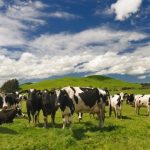
![Australia minister's visit to put trade back on track 2 The Chinese and Australian national flags in Sydney, Australia. [Photo/Xinhua]](https://en.edairynews.com/wp-content/uploads/2023/02/Australia-ministers-visit-to-put-trade-back-on-track-150x150.jpeg)





